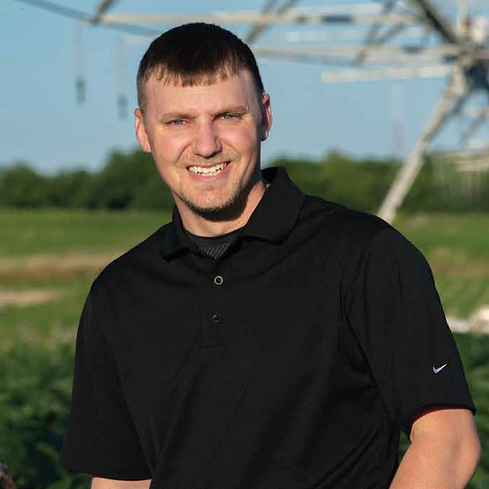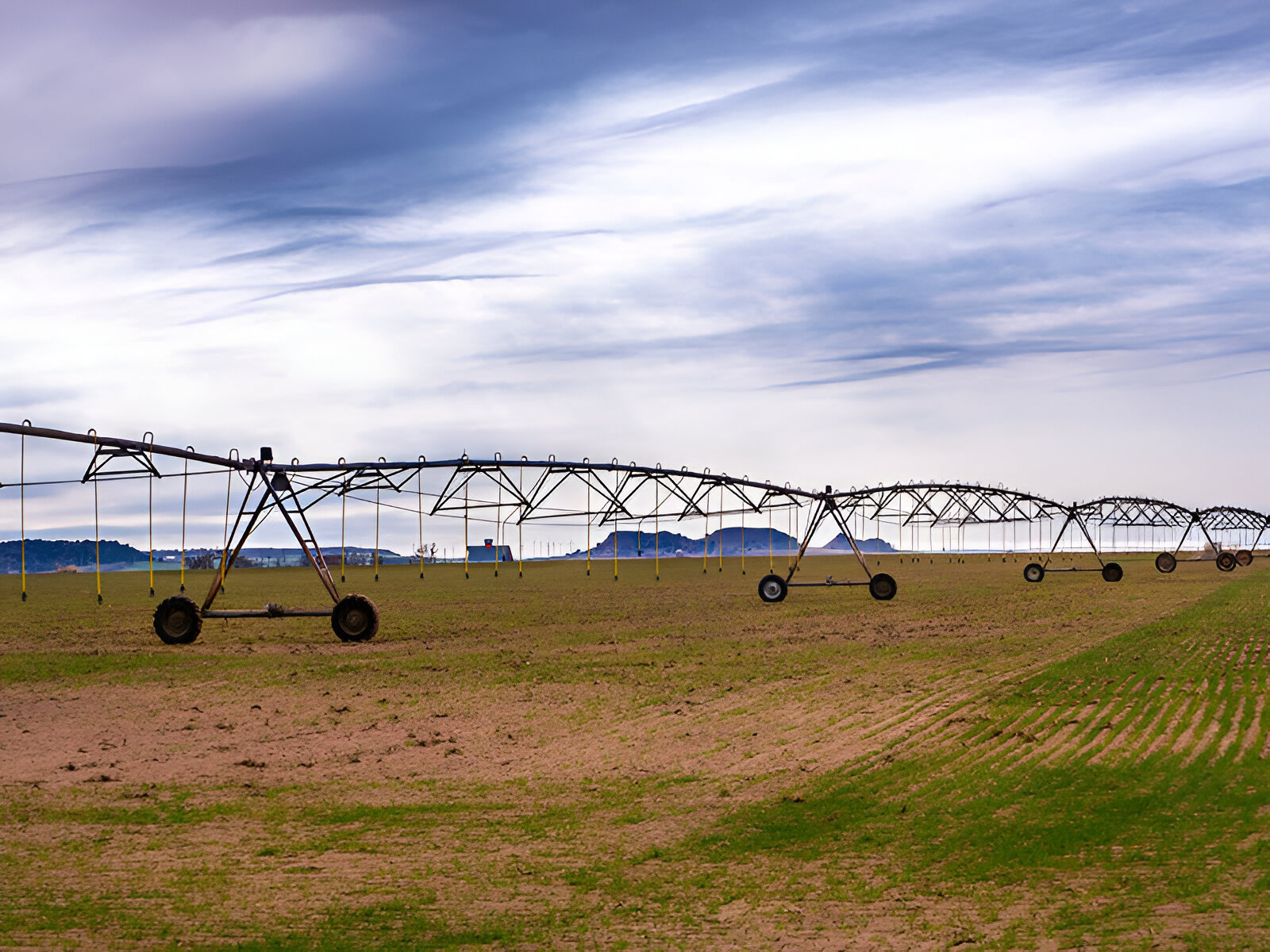Rudnick says TAPS will help farmers build a support network for managing water
An innovative program comparing High Plains farmers’ use of various water management technologies in their operations may seem like a reality show, but Daran Rudnick sees it much different.

True, Rudnick says, the program is billed as a competition, but the participants – in this case, farmers in Kansas, Nebraska, Colorado and Oklahoma – are actually building their own support network.
“There is so much technology and so many water management practices out there currently, that it’s really difficult to expect anybody to be able to introduce those in their own operation, whether it’s because of time or cost restraints,” said Rudnick, a professor of biological and agricultural engineering at Kansas State University, and the director of sustainable irrigation in the College of Agriculture.
Rudnick, who has been at K-State for less than a month, was a key figure in creating a University of Nebraska program known as TAPS – Testing Ag Performance Solutions – which just completed its seventh year. As a new K-State faculty member, one of his assignments is to implement the program more fully in western Kansas, an agriculture-rich region threatened by dwindling water availability.
Rudnick said TAPS facilitates several interactive, real-life farm management competitions aimed at profitability and efficient use of inputs. Producers who join the competition make the major decisions for test plots they manage, but they receive assistance from university researchers and extension staff.
The support network also includes industry leaders, agriculture students, government regulators and agency personnel.
“TAPS brings everybody together,” Rudnick said. “Industry can offer their solutions in a more controlled environment, which is easier for them. Producers are exposed to new technology, so instead of a 30-minute highlight, they actually get to use it, make decisions and see how it plays out.”
Currently, TAPS has six farm management competitions, including irrigated and dryland contests. In 2023, crops studied included corn, sorghum, wheat and cotton.
“Truly, it becomes pretty fun,” Rudnick said. “Everything is anonymous; we’re not trying to poke fun and say, ‘Wow, look at this person; they lost X amount per acre.’ It’s a protected safe space to go out there and try something that you might not necessarily be comfortable doing otherwise.
“As a farmer, you can evaluate your existing practices and see how you benchmark against others that are competing. You can try a completely different approach, such as you may want to be a little more aggressive in a given area. Or maybe you want to pull water off a selected hybrid that might be more drought-tolerant. So, farmers can really play around with no fear of failure.”
Each TAPS competition begins in March of each year. Rudnick said farming operations compete for three awards: Most profitable; highest input use efficiency; and greatest grain yield. Cash awards are given to the top three in each category.
More information is available by contacting Rudnick at [email protected], or 712-204-6772.
“In a lot of ways, TAPS embodies the excitement I have in coming to K-State,” Rudnick said. “I’m an irrigation engineer by training, but the exciting part is in recognizing that I’m just one piece to the larger puzzle, and being able to work with other experts, stakeholders, producers and agencies – who are all trying to improve and understand the system – is exciting.”


